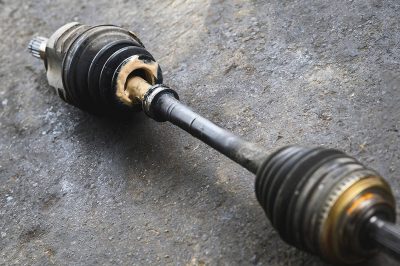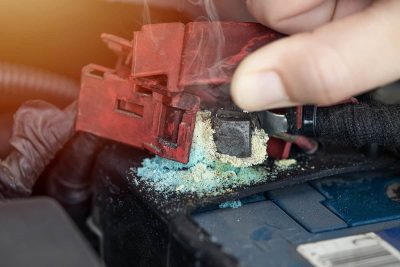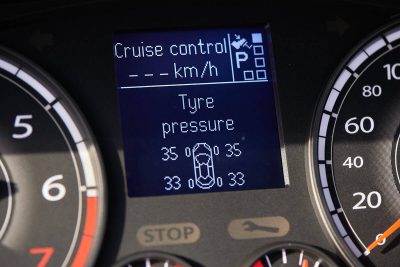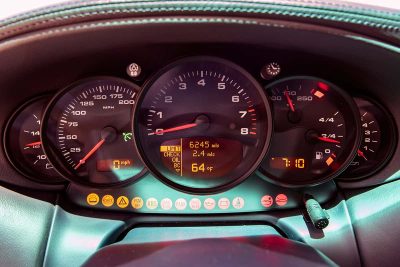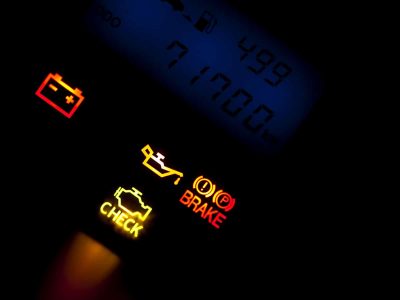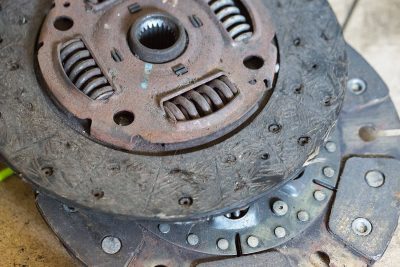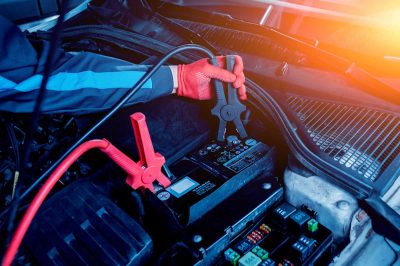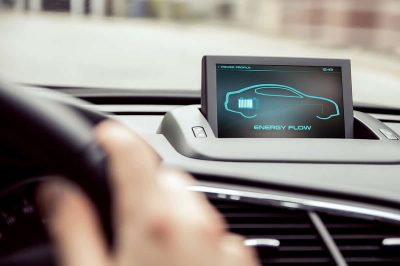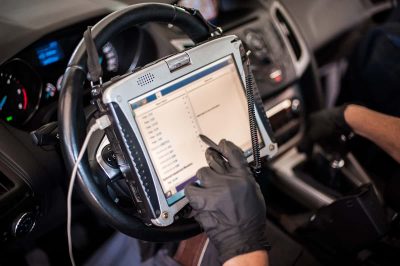upgradedvehicle-editorial-staff
Posts by upgradedvehicle-editorial-staff:
CV joints, or constant velocity joints, are key parts of your car’s drive shaft. They connect the drive shaft to the wheels, allowing your car to move. But sooner or later, CV joints will show signs of wear. When they do, it can cause problems with your vehicle’s movement and safety.
A leaking car battery can pose risks to both your car’s performance and your safety. Leaks can lead to corrosion, electrical issues, and even hazardous chemical exposure. Addressing a leaking car battery promptly can help prevent these problems and ensure the longevity of your battery.
The Tire Pressure Monitoring System (TPMS) continuously check the ‘health’ of your tires, making sure they have enough air pressure to keep you safe on the road. If anything seems off, they quickly alert you on your car’s dashboard. As reliable as they are, they are prone to a wide array of problems.
Imagine you’re driving, enjoying your favorite tunes, and suddenly all the warning lights on your dashboard come to life. Dashboard warning lights are designed to inform you about your vehicle’s performance and potential issues, but when they all come on at once, it’s hard to know where to start.
When both the brake light and battery light are on, it indicates that there might be simultaneous issues with your braking system and your vehicle’s electrical charging system. This situation requires immediate attention to avoid further complications.
The clutch ensures a smooth ride, but sometimes, it can start to ‘slip’ or fail to properly deliver the engine’s power. This can lead to a variety of issues, making driving difficult and potentially damaging other parts of your vehicle. Car owners should be able to recognize when the clutch is slipping so they can address the issue before it gets worse.
Just like our bodies need blood to function, cars need transmission fluid to run smoothly. Transmission fluid is a type of liquid that helps parts in a vehicle’s transmission move effortlessly. It also cools down the transmission and lubricates its parts, preventing them from wearing out quickly.
Have you ever experienced a jumpy or jerky ride while driving your car? Do you feel like your vehicle struggles to change gears or fails to respond as it should? These symptoms might indicate a common problem called transmission slipping.
Many drivers must connect their car batteries frequently, particularly when their battery dies. For the protection of both the vehicle and the person working on it, it is essential to understand how to connect and disconnect battery terminals properly.
In most cases, you can drive for about 30 to 60 minutes with the battery light on before the vehicle loses power. However, this time frame depends on the specific issue affecting the charging system.
Riding a motorcycle can be an exhilarating experience, but have you ever stopped to wonder about the intricate parts that make up this two-wheeled machine? From the engine to the wheels, each component plays a crucial role in ensuring a smooth and safe ride.
Cars nowadays come with complex electronic systems that are controlled by an onboard computer, also known as the Engine Control Module (ECM) or Powertrain Control Module (PCM). At times, you may need to reset the car computer to clear error codes, improve engine performance, or address other issues. Traditionally, this has been done by disconnecting the battery, but this method can lead to loss of presets and radio codes.
